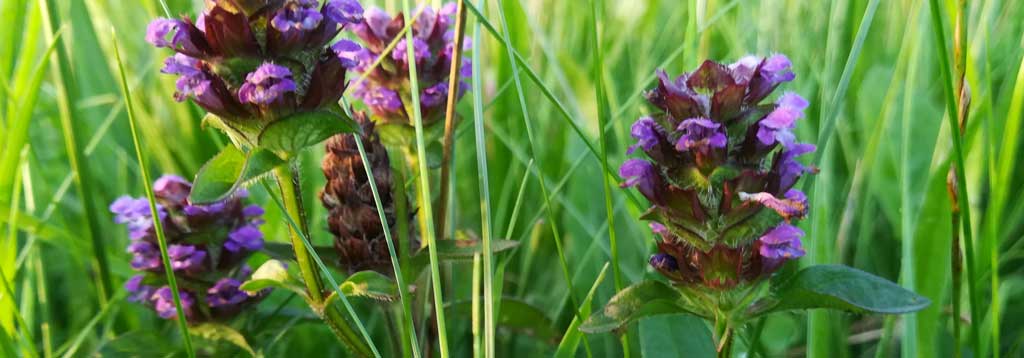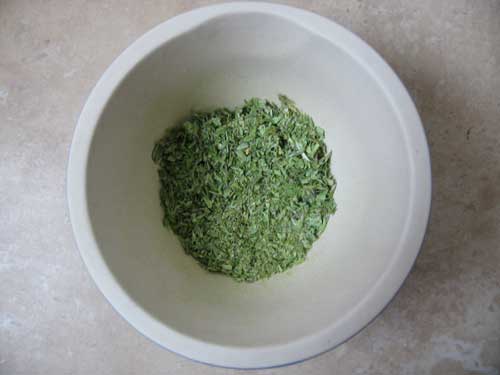Western Herbal Medicine

Herbal medicine is the oldest form of healthcare; it has continued to evolve from pre-historic times to the present day. Scientific research continues to validate traditional uses of plant medicine, which is also known as botanical medicine or phyto-therapy. It is estimated that 25% of modern drugs are based on isolated active constituents from plants. In contrast to pharmaceutical drugs, herbal medicines are based on using the whole part of the plant and not just the isolated active ingredients. Inert plant material is seen as having an active role in assisting the body to assimilate the medicinal properties and offset any potential harmful side-effects. This respect for the integrity of Nature, which includes us, is extended to the integrity of each individual human being; as such herbal medicine is person-centred rather than disease-centred.
Hippocrates: The “Father of Medicine”
Hippocrates (460 – 377 B.C.E.) taught that disease was a natural expression of an imbalance within the body that could be healed by addressing the root cause. He modified the diet, and prescribed herbs and therapeutic protocols, according to the perceived imbalances in his patients. He demonstrated that disease was not static but continuously responding to environmental conditions, which he itemised under the Six Non-naturals.
The six non-naturals are:
- Air and place
- Food and drink
- Sleeping and waking
- Exercise and rest
- Retention and evacuation
- Mental states
In contemporary herbal medicine the emphasis is still on identifying the root cause of ill-health and considers physical, emotional and mental aspects as well as dietary, lifestyle and environmental contributory factors. It relies on the safe use of plants to cleanse, nourish and heal body, mind and spirit.
The Western Physiomedical Master Herbalist Tradition
The Physiomedical tradition grew out of the work of Samuel Thomson, an American herbalist in the 1800’s. A core tenet of the Physiomedical tradition is the belief in the ability of the body to heal itself, given the right conditions. The inner terrain, underlying physiological, psychological, spiritual imbalances and the vitality of each person are considered in identifying and successfully treating the root cause. Nutrition and lifestyle changes aim to restore balance, while prescribed herbs support healing.
Dr. John Ray Christopher was born in Utah in 1909 and died in 1983. He was a Master Medical Herbalist. He dedicated his life to natural healing in the Physiomedical tradition and established The School of Natural Healing in 1953. Herbal medicine in the Physiomedical master herbalist tradition integrates folk healing with modern physiology, plant chemistry, botany and human and clinical sciences, nutrition and natural healing modalities. The Irish School of Herbal Medicine, established by Helen Begadon, continues this tradition here in Ireland.
What to expect from herbal medicine today …
The first herbal medicine consultation begins with a personal health history that includes: family medical history, dietary and lifestyle choices, sleeping patterns, stress levels and any medications or health supplements you are taking. An iris analysis will help to identify the root cause and body systems in need of support. Nutritional and lifestyle advice and herbal prescriptions are based on the significance of the signs and symptoms particular to each individual.
A follow-up visit usually follows three to four weeks from the date of the first consultation to review progress, make appropriate adjustments to herbal prescriptions and healing protocols. Nutrition and lifestyle changes are implemented in a sequence and at a pace relative to each individual person.
All herbs prescribed are non-habit forming and of approved medicinal quality. The main aim of treatment is to assist you in learning how to successfully manage or heal your condition, prevent re-occurrence and maintain a clean and healthy terrain within the body.
What conditions respond well to herbal medicine?
Herbal medicine excels in the treatment of chronic health conditions and as a preventative measure. Conventional medicine is a more appropriate response for acute conditions and emergencies. Herbal Medicine is suitable for people of all ages, including children, and offers a natural, effective and safe treatment for most illnesses.
Conditions commonly treated include:
- Digestive disorders
- IBS, IBD, Collitis
- Stress, anxiety and depression
- Insomnia
- Hormonal imbalances
- Fatigue
- Skin conditions
- Sinusitis and allergies
- Respiratory issues
- Impaired immunity and auto-immune conditions
- Joint pain and arthritic conditions
- Heart health and poor circulation
- Children’s health

In herbal medicine, the whole person is treated rather than the disease. All herbal prescriptions are individually formulated, so two people with the same symptoms may be prescribed very different herbs to cleanse, nourish and support the body’s own healing energy.
Herbal medicine strives to clear obstructions and ensure the elimination channels in the body are moving freely to prevent toxins from accumulating and reverse degenerative processes. Release on the physical level activates release on emotional and mental levels. The process of restoring balance within facilitates healing on all levels and empowers you to take responsibility for your own health and well-being.
Related post: Why consult a medical herbalist?